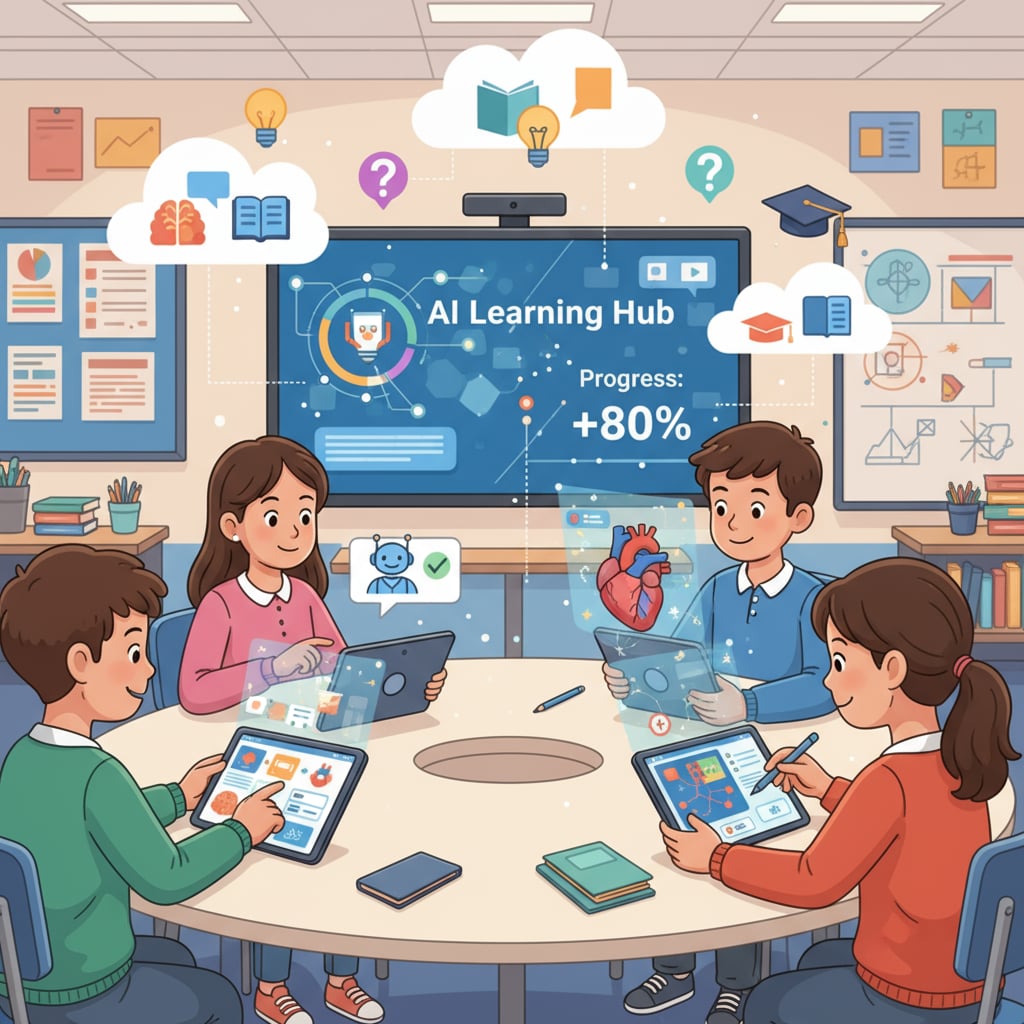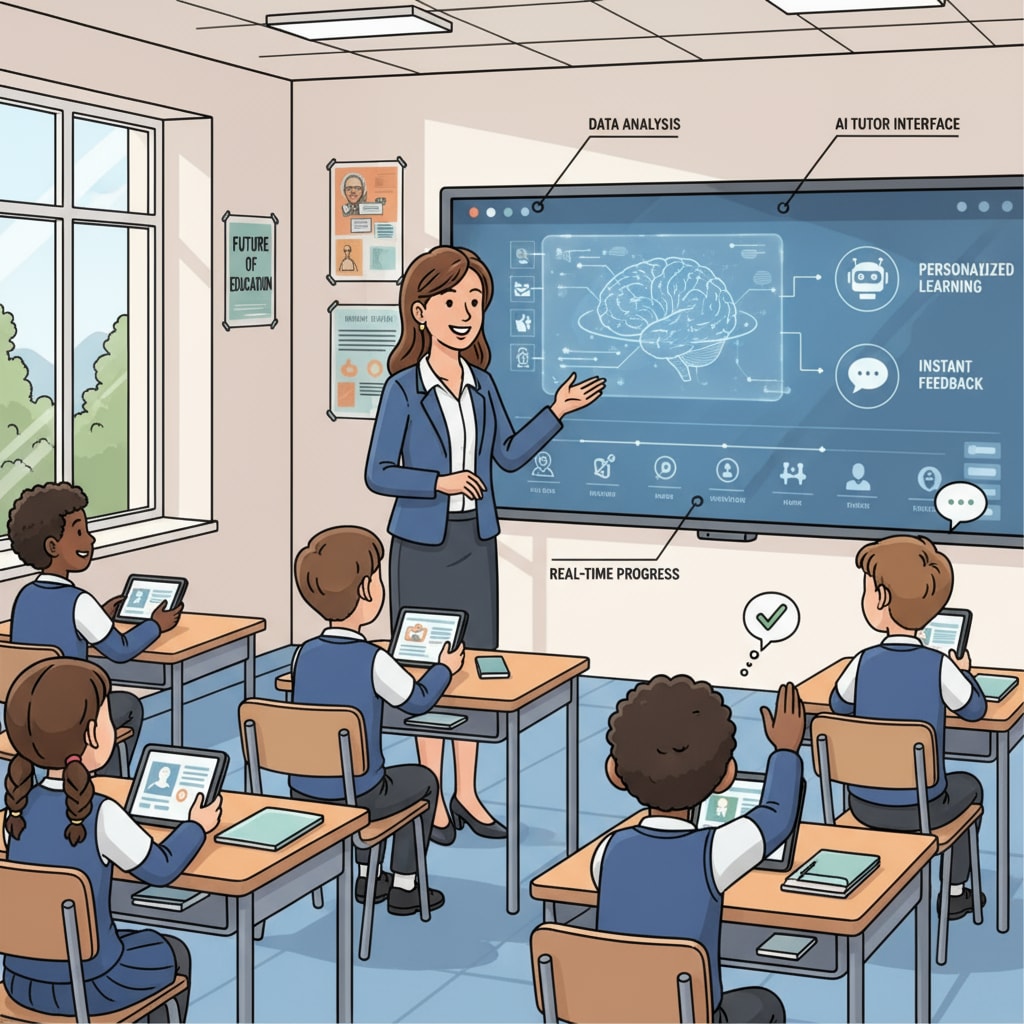Artificial intelligence, education, and learning tools are intertwined in today’s rapidly evolving technological landscape. As we delve into the realm of K12 education, it’s crucial to understand the dual nature of AI’s impact. On one hand, it presents remarkable opportunities; on the other, it raises significant concerns.

The Promising Potential of AI in K12 Education
AI has the potential to transform K12 education in numerous ways. For example, it can serve as a personalized learning tool. Adaptive learning platforms, powered by AI algorithms, can analyze a student’s strengths, weaknesses, and learning pace. Based on this data, they can customize the learning experience, providing targeted instruction and practice materials. This personalized approach helps students grasp concepts more effectively, as they receive content tailored to their individual needs.
In addition, AI can enhance educational resources. It can create interactive simulations and virtual reality experiences that make learning more engaging. For instance, students can explore historical events or scientific phenomena in immersive virtual environments, which can deepen their understanding and retention of knowledge. Artificial intelligence in education on Wikipedia

The Controversies Surrounding AI in Education
However, the integration of AI in K12 education also brings several controversies. One major concern is the potential loss of the human touch in education. Teachers play a vital role in a student’s learning journey, not just in imparting knowledge but also in providing emotional support and mentorship. With the increasing reliance on AI, there’s a risk that this human connection may be diminished.
Another issue is the question of data privacy. AI systems collect a vast amount of student data to personalize learning. This data includes sensitive information such as academic performance, learning styles, and even emotional states. Ensuring the security and proper use of this data is of utmost importance. Otherwise, it could lead to privacy violations and misuse of student information. Artificial intelligence on Britannica
As we look at the future of K12 education, it’s clear that artificial intelligence, as a learning tool, will continue to play a significant role. While it offers exciting possibilities for enhancing learning experiences, educators, parents, and policymakers must work together to address the associated controversies. By finding the right balance, we can harness the power of AI to create a more effective and inclusive educational environment.
Readability guidance: This article uses short paragraphs and lists to summarize key points. Each H2 section provides a list of relevant aspects. The proportion of passive voice and long sentences is controlled, and transition words are scattered throughout the text to enhance readability.


